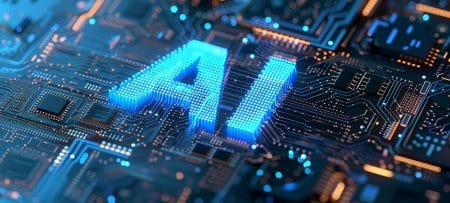Every time we breathe, our immune system silently fights off threats. In industry, artificial intelligence is beginning to play a similar role – working in the background to keep systems running, improving, and adapting.
Just as immune cells patrol and respond to dangers, AI can help industries stay resilient and efficient. When used with purpose, it strengthens operations, speeds up tasks, and boosts decision-making.
Industrial copilots bridge the gap
The rise of generative AI has enabled machines and humans to communicate more naturally. So-called industrial copilots – AI-powered assistants – are already helping over 200 companies install, program and troubleshoot machinery. These copilots process vast amounts of data, flag issues, suggest fixes, and even write code, reducing tasks from hours to minutes.
AI agents: Find it, fix it, file it
Beyond copilots, Siemens and partners like EPLAN are developing AI agents – automated problem-solvers that maintain and update factory systems. For example, an AI agent can detect outdated machine parts, alert teams, and manage digital replacements. These agents act like expert squads, operating independently and reducing errors.
The need for a solid foundation
However, for AI to make smart decisions, it needs reliable data. Siemens is building an industrial foundation model trained on machine-specific data like voltage readings and 3D designs – data that generative AI alone can’t interpret.
Stronger through sharing
Only 20% of industrial data is currently used; 80% remains siloed. Unlocking that hidden data – without compromising proprietary secrets – could help AI learn faster, improve collaboration across sectors, and create scalable solutions. Like a human body, an industry that doesn’t share vital information can’t thrive.
AI, when trained right and used wisely, can become the industrial world’s immune system – keeping operations healthy, resilient, and future-ready.
Originally published on the World Economic Forum website, this article explores how artificial intelligence can serve as an “immune system” for industry—quietly working in the background to protect, adapt and strengthen operations in a fast-changing world.






